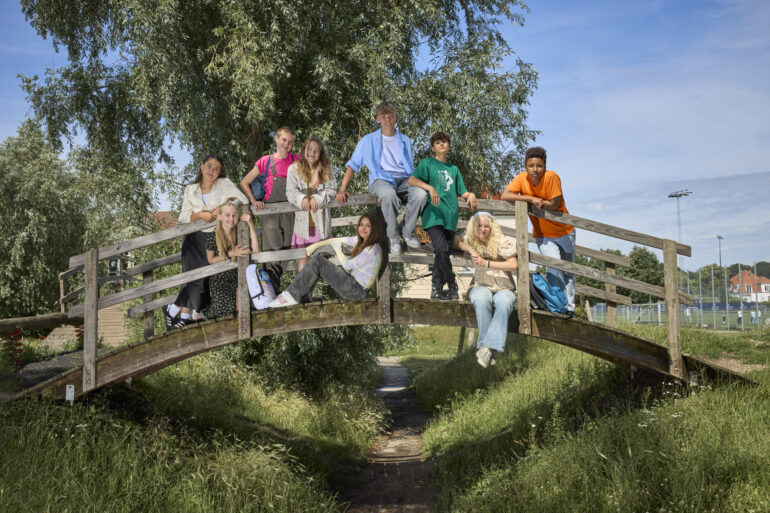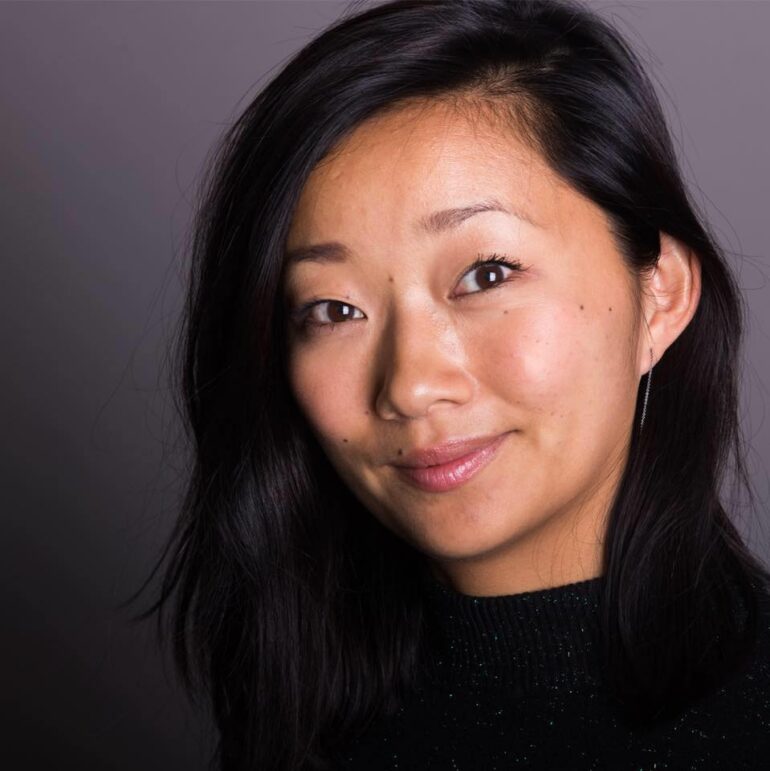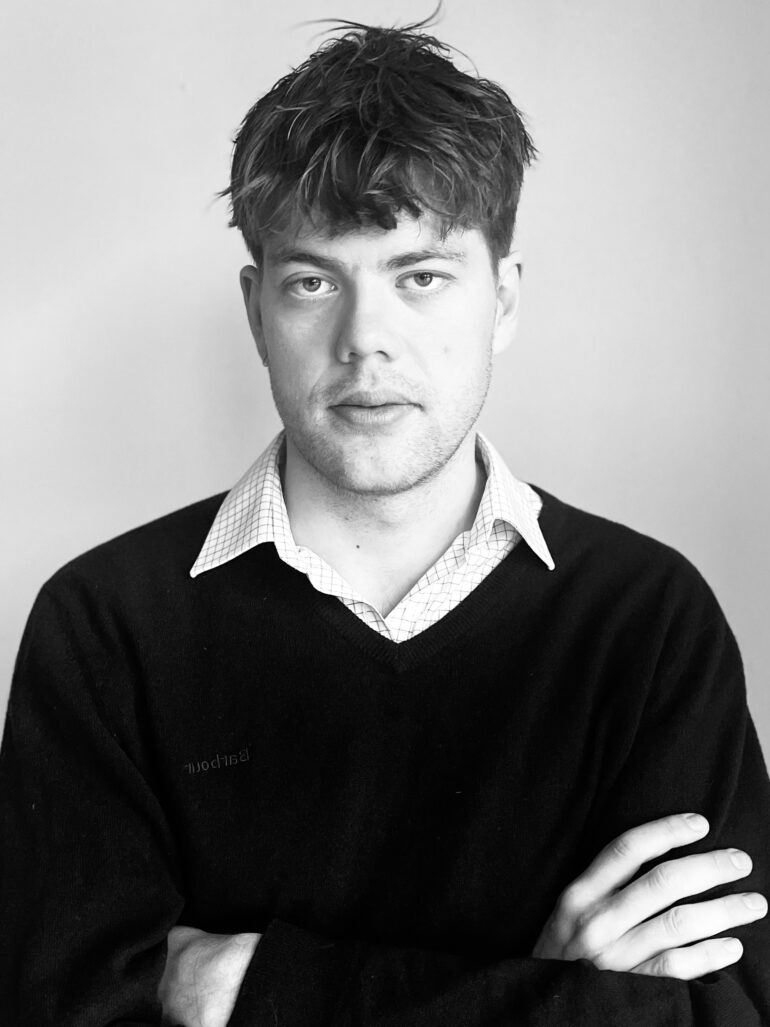Written by: Lina Nystrand
05.12.24
“We shoot 80 episodes every summer,” says Maria Hee Dreyer from the production company BBC Studios Nordics.
The teen series Klassen has made Danish TV history as the country’s longest-running series, passing over 1,000 episodes this fall. The series follows the everyday lives of 12-year-olds at a Danish public school, and is adapted by Daniel Svarts, Maria Thastum, and Morten Dannisbro at STV Productions (now BBC Studios Nordics) on the basis of the Dutch series Brugklas from Tuvalu Media. The Danish series was launched in 2016 on the DR’s children platform DR Ultra.
Maria Hee Dreyer first worked on Klassen as a producer for seasons 5 and 6. Today, she is Head of Programmes at BBC Studios Nordics, and her responsibility is to oversee the production and assemble a team that ensures the show’s quality.
“Our mantra is that Klassen should make it easier for every child to go to school. It can target how to get friends, feeling lonely or misunderstood, but it can also be about having the right thing for lunch. It really embraces everything around what it is like to be a kid nowadays.”
After the Danish series had gained popularity all over the Nordics, SVT and NRK launched their own versions of Klassen in 2020, also produced by BBC Studios Nordics. Dreyer tells Nordisk Film & TV Fond that the Scandinavian productions work closely together. All the scripts in Denmark, Norway, and Sweden work as inspiration for each other, but each version is uniquely tailored and developed to connect with the local audience.
“Klassen can only survive with identification. We really need kids to be able to think: ‘This could easily be my school, my friends or my dilemma.’”
Involving children in the creative process
Dreyer says that one key to successfully producing over 1,000 episodes is to create content that resonates with the target group. This involves using language, settings, and themes familiar to viewers. The big volume enables exploring both minor and major issues, offering a wide range of relatable narratives:
“We shoot 80 episodes every summer, and when you have 80 stories to tell, there is room for stories like ’My best friend has the same outfit on as I do for a school prom’. For children, those small things can be very, very big.”
The series incorporates user involvement. At various stages of the creative process, children contribute with their perspectives and feedback to ensure that the content resonates with them.
“We have this panel of kids giving us good ideas and feedback when we're off language or off topics. We've also done live arrangements in schools where the children are able to vote on what a character should do.”
The Danish production has been collaborating with Børnetelefonen (Danish telephone hotline for children) and other NGO’s to gather information on what concerns children have today.
Writing in “guerrilla-style”
Mathias Amstrup Thrane has worked as a writer-director for Klassen since 2020, and has been involved in over 400 episodes. Thrane explains how the script evolves in collaboration with the actors on set.
“In the script we might write something like ’Mathias walks over to Theo and explains why he’s mad.’ So you have a red thread, but you don’t write specific lines.”
The method where scriptwriters give actors freedom to improvise their own lines is sometimes called “guerrilla-style writing”. It enables authentic dialogue in the language children use today.
“There's so much happening in just half a year in the language, so we just gave up and said: ‘OK, you know what? You do the language, I'll do the structure, and then we'll manage it together’.” Thrane says.
Klassen becomes a safe space
Thrane, who trains new writers for the series, says many find the writing process difficult due to the volume. It can be challenging to come up with new angles on themes the series has already explored.
“We’ve already created all the ideas that there are, so we just have to find the small tweaks by getting inspired from other series, and the kids. The kids always have something new going on that doesn’t resemble the old.”
On what the participating children learn, Thrane says:
“I think they learn to reflect on their lives, and by doing so, Klassen becomes a safe space. Because we create stories that can be difficult for the youths to bring up themselves, the space that we have with the children is very sacred.“


